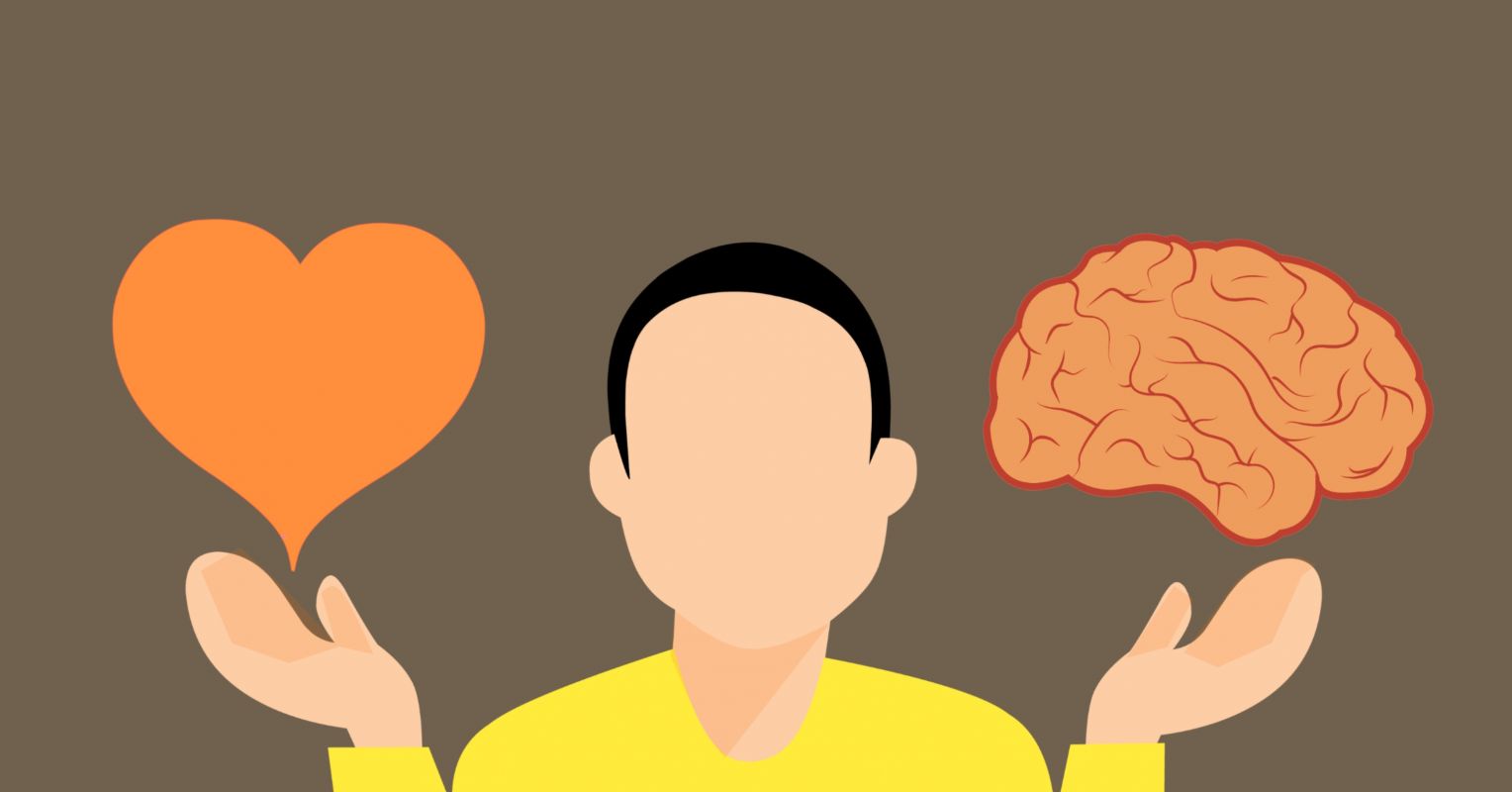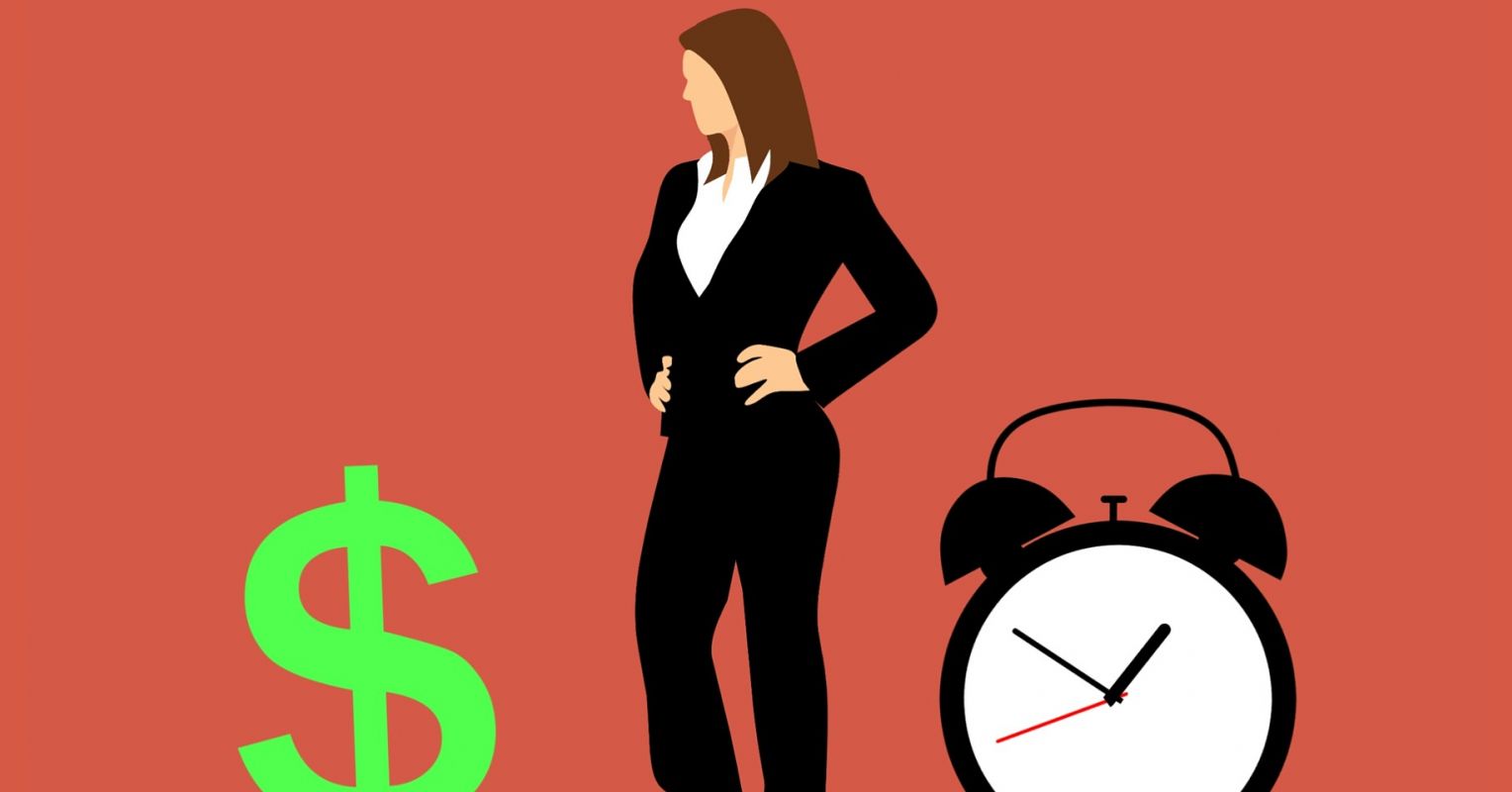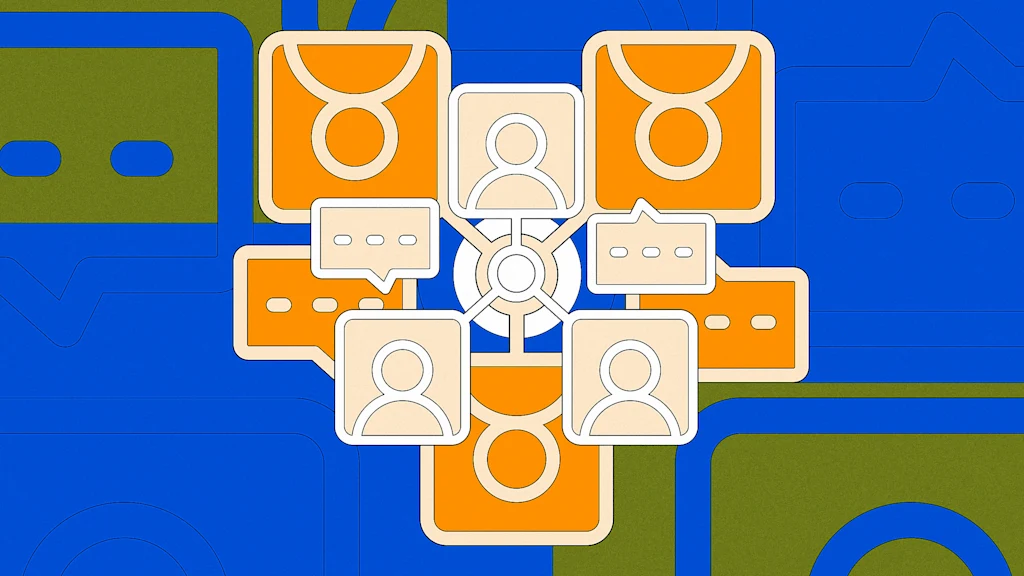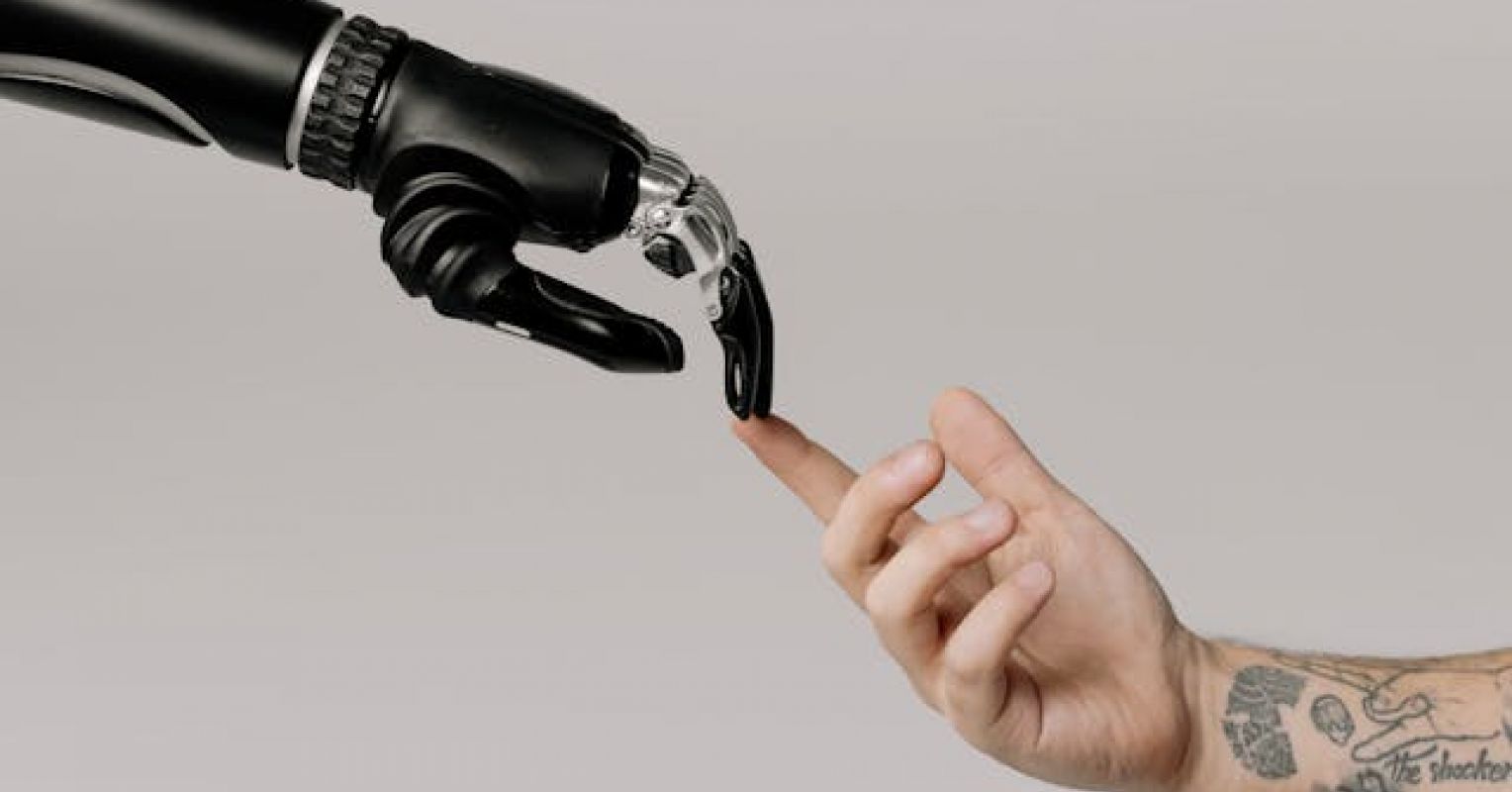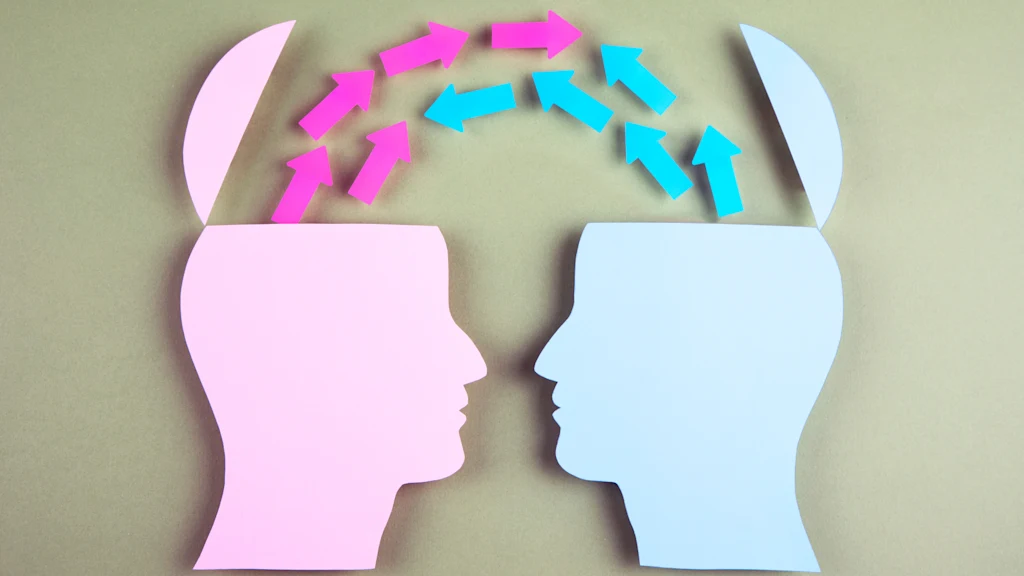#decision-making
#decision-making
[ follow ]
fromMountaingoatsoftware
1 day agoEstimating and Planning in Agile: Why They Still Matter in 2026
I hear the same stories again and again. Estimates treated as promises. Plans turned into contracts. Teams punished for being wrong rather than rewarded for learning. Given experiences like those, it's understandable that many teams conclude the solution is to eliminate estimating and planning altogether. I think that's a mistake. Estimating and planning still matter-not because the future is predictable, but because it isn't. They matter because teams and organizations still have to make decisions about what to work on
Software development
fromEntrepreneur
2 days agoWhy the Entrepreneurs Who Suffer Early Win Bigger Later
In an era obsessed with shortcuts, overnight success, and polished social media profiles, adversity is often treated as something to avoid. Something unfortunate. Something that signals failure. That assumption is completely wrong. Adversity is not a flaw in the entrepreneurial journey; it is, in fact, the training ground, the pressure that sharpens one's judgment, accelerates their adaptability and forges the kind of resilience no accelerator, MBA or funding round can manufacture.
Venture
fromPsychology Today
1 week agoHow AI Reshapes the Battle of Persuasion
We live in a paradox. Never before has humanity had access to more information, faster. Yet our decisions, from what we eat to whom we vote for, what we watch and who we date, remain stubbornly resistant to facts alone. Public health campaigns armed with statistics fail to shift behavior. Climate science, however substantive, struggles to ignite action. Heavy economic data rarely changes minds about policy. The uncomfortable truth? We are not the rational creatures we pretend to be.
Public health
fromTNW | Insider
1 week agoWhere tech leaders now choose to meet
That model no longer fits how tech leaders work today. Over the past years, I have spent time in conversations with founders, executives, and operators who carry real responsibility inside their organizations. As a community builder, I often speak with them before they commit to attending events. Their questions are direct. They want to know who will be in the room, how discussions are structured, and whether the environment allows honest exchange.
Artificial intelligence
fromPsychology Today
1 week agoThe Years That Give Back
I like it because the week before my birthday I swiftly declined a business opportunity that I knew was not a good fit for me. The conversation went like this: The woman on the phone said, "Take a few weeks to mull it over." I replied, "I am most appreciative of your time and don't want to waste it. I will pass on the opportunity. Thank you."
Mental health
fromMedium
1 week agoWhen AI Thinks for Us, We Forget How to Think
Harry frowned. "I'm not seeing the value in it. Can you explain it clearly? Is there any other solution?" Tom leaned in. "This isn't making much sense. You could try this instead. It's simpler." Leina sighed. "Next time you present, put more thought into your reasoning." Meanwhile, Ron trembled with anxiety. He wanted to make a point but ended up rambling. This was his second failed attempt at defending his ideas.
Artificial intelligence
fromPsychology Today
1 week agoWhen to Leave a Relationship
Knowing when to leave a relationship is not a dramatic moment of collapse. More often, it is a quiet reckoning. A slow accumulation of truth. People imagine that leaving happens because love disappears or conflict explodes. In reality, many people leave because the daily effort of holding themselves together inside the relationship becomes weightier than the fear of being alone.
Relationships
fromFast Company
1 week agoHow the 'Rule of 3' framework simplifies tough decisions
Why not A? A is usually the default for most people. The thing you're already doing. The path of least resistance. It doesn't need your help. What you need are alternatives. Then comes the second step, and this is where most people stop thinking too soon. Now, for each path, think through: First-order effects Second-order outcomes And third-order consequences And then, and this matters, choose the path with the most meaningful but least life-changing consequences.
Philosophy
fromPsychology Today
2 weeks agoDo You Feel Trapped? How to Break Out
Maybe it's a job you hate or that no longer gives you satisfaction. Or an intimate relationship where the emotional connection has long since frayed, and you're now living parallel lives. Or, perhaps a friendship that was once vital but has now been downgraded to an acquaintance at best, or one that's unbalanced, where only your periodic outreach keeps it alive.
Mental health
fromPsychology Today
3 weeks agoRadical Doubt
Most of us were raised to think that smart people always know the right answer. From gold stars in grade school to performance reviews in the office, we're rewarded for certainty. Yet as Bidhan ("Bobby") Parmar, professor at the UVA Darden School of Business, argues in his new book, Radical Doubt, clinging to certainty is precisely what derails us when the stakes are highest. "The only thing that spoon-feeding teaches us," he quips, "is the shape of a spoon".
Business
fromBusiness Matters
3 weeks agoHow Rupon Anandanadarajah Helps SaaS Companies Outgrow Founder Intuition
Most successful SaaS companies begin with strong intuition. Founders understand the problem deeply. Early decisions are fast, informal, and often correct. The closeness between insight and action creates momentum that is hard to replicate later. As companies grow, that intuition becomes harder to rely on. Teams expand, customers diversify, and systems become more complex. Decisions that once felt obvious now feel risky. Many organisations respond by pushing harder on the same instincts that drove early success. Rupon Anandanadarajah has seen where that leads.
Startup companies
fromHuffPost
3 weeks agoYou've Heard Of FOMO, But What Is 'FOBO'? Here's How To Spot This Damaging Issue.
"FOBO, or fear of a better option, is the anxiety that something better will come along, which makes it undesirable to commit to existing choices when making a decision," author and venture capitalist Patrick McGinnis told HuffPost. "This specifically refers to decisions where there are perfectly acceptable options in front of us, yet we struggle to choose just one." McGinnis coined the term FOBO, as well as FOMO, back in 2004 when he was a student at Harvard Business School and wrote an article titled "Social Theory at HBS: McGinnis' Two FOs." He believes that FOBO is "an affliction of abundance." Our on-demand world overwhelms us with seemingly endless choices, thus compelling us to keep all our options open and hedge our bets.
Psychology
fromFast Company
4 weeks agoWhat a meltdown in the wine aisle taught me about New Year's resolutions
Last December, I was standing in front of a wall of bottles, paralyzed. Not because I don't like wine. I do. I was paralyzed because the entire experience was designed to make me feel small. The sommelier energy, the gatekeeping language, the implied message that if I couldn't name the terroir, I didn't deserve a good bottle. So I did what I always did: grabbed the same safe choice, went home, and told myself I'd "branch out next time."
Venture
Psychology
fromLondon Business News | Londonlovesbusiness.com
4 weeks agoDecision fatigue: Why too many choices can be overwhelming - London Business News | Londonlovesbusiness.com
Humans make over 35,000 decisions daily, causing decision fatigue that impairs cognitive function, increases stress, and is shaped by emotions, biases, and social influence.
fromAll Singles And Married
1 month ago10 Questions You Must Answer Together Before Love Turns Into Regret.
As a marriage clinician and family life mentor, I have sat with couples whose eyes once sparkled with romance but now brim with regret. Not because they didn't love each other, but because they never asked the questions that love was supposed to answer. Many marriages don't collapse suddenly. They bleed slowly. They suffer not from hatred, but from silence.
Relationships
fromThe Atlantic
1 month agoHow to Follow the Right Star
A much-loved Christmas story tells about the journey of the Magi-the three Wise Men who came seeking the baby Jesus in Bethlehem. "Where is He who has been born King of the Jews?" they ask. "For we have seen His star in the East and have come to worship Him." The essence of the tale is their unshakable faith in a worldly sign-a star in the sky-which the Magi trusted would guide them to the savior of the world.
Mental health
Artificial intelligence
fromLondon Business News | Londonlovesbusiness.com
1 month agoFrom data to decisions: How AI is enhancing strategic thinking - London Business News | Londonlovesbusiness.com
AI transforms strategic thinking by enabling data-driven, less biased, real-time decision-making while supporting leaders rather than replacing them.
National Hockey League
fromMaple Leafs Hotstove
1 month agoCraig Berube on another loss for the Leafs in Nashville: "Our team was a lot better with the puck, but there were self-inflicted mistakes"
Team improved puck movement but lost because of avoidable mistakes, poor decision-making, and insufficient shot volume.
fromPsychology Today
1 month agoThe Affective Trade-Offs We Make
In my conception of the Affect Management Framework (AMF; Haynes-LaMotte, 2025), affect is defined as an evaluative common currency in consciousness that is attached to the brain's goals and can be swayed by a combination of interoceptive senses, meaning-making processes, the processing dynamics of exteroceptive senses (sight and hearing), and the proprioceptive signals used to control the body. My previous post provided an overview of the framework. This post will explore additional principles of the AMF.
Psychology
fromPsychology Today
1 month agoYou Don't Have to Worry About Giving Your Best Shot
Yesterday I drove my son to work and, since we arrived early, we sat in the car and chatted. I'm not sure how we got onto the topic, but quite quickly, we began discussing the idea that the things people do are always the best they can do given who they are, what they know, and the circumstances they find themselves in.
Psychology
fromPsychology Today
1 month agoHere and Now Versus Long Term Strategies
Some time ago, a client came to me facing what seemed like a thousand decisions: where to live, which job to take, whom to love. As we worked together, those many paths narrowed to one persistent question: Am I loving the right person? Or, more precisely: Do I want to love this man, even if facts suggest I take other routes?
Philosophy
fromPsychology Today
1 month agoWhy Life Feels Rigged Against You (But Isn't)
And yet, losing the toss can still leave you with an inexplicable sting of injustice. Your brain insists that it just wasn't fair, even though you know, statistically, it couldn't have been any more impartial. This contradiction between what we know and what we feel is what psychologists call the "illusion of unfairness." It's the human tendency to feel personally wronged by chance.
Psychology
fromBustle
1 month agoYour Tarot Reading For The Week Of December 1 - 7
As you head into December, it won't feel like you're living the same dull day over and over again. Instead, something will spark - either internally or externally - and send you off in a new direction. It could be an exciting work project, a new match on your dating apps, or a little surge of excitement that bubbles up in your stomach and says, "You know what? I'm going to do something different today." Just like that, you'll be inspired to have fun again.
Relationships
fromPsychology Today
2 months agoConstant Hurrying Wears You Down
For more than a decade, I managed the national advertising program for a large life insurance company. During that time, I had an odd secret desire. I wanted to manage national advertising for a coffee company. Why? Because I had already made up the tagline for my imaginary campaign: "The fuel of business." The corporation I worked for (in real life, not my imagination) had a huge headquarters with an excellent cafeteria, with its main attraction being a vast row of gleaming silver coffee machines.
Mindfulness
Mindfulness
fromFortune
2 months agoRay Dalio reveals the surprising 'single most important reason' he's succeeded in investing-and it has nothing to do with finance | Fortune
Meditation provided equanimity and mental distance to perceive cycles, map cause-and-effect, and avoid reactive decisions across markets and politics.
fromFortune
2 months agoWhy 90% of decisions don't reach this Land O' Lakes exec's desk | Fortune
Leah Anderson, a senior executive at Land O'Lakes, has learned to make high-stakes calls even when the data is incomplete. It's a discipline that's become foundational to her leadership, especially as AI and digital tools accelerate the speed at which farmers and retailers must act. She says the biggest risk for decision-makers in this space isn't making the wrong call-it's getting stuck.
Agriculture
fromPsychology Today
2 months agoUnlock the Hidden Power of Self-Knowledge
How do you know if, say, marrying your dating partner will lead to long-term happiness? Or whether accepting a demanding new job (with all the added responsibilities and time dedication) will bring lasting fulfillment? These and other major life choices are made based on the belief that you truly know yourself (i.e. your abilities, values, and desires). In other words, they rely on (presumably accurate) self-knowledge.
Mental health
UK politics
fromwww.theguardian.com
2 months agoNicola Sturgeon wrongly excluded colleagues from Covid decisions, inquiry finds
Senior political leaders, including Nicola Sturgeon and Boris Johnson, restricted wider decision-making, reducing transparency and accountability and delayed actions that increased Covid deaths.
fromFast Company
2 months agoWhy do smart people do dumb things?
Most of us have strong opinions about what those words mean, but scratch the surface and it becomes clear that "smart" and "dumb" are slippery, subjective constructs. What seems smart to one person may strike another as naive, arrogant, or shortsighted. Worse still, our own perception of what's smart can shift over time. Yesterday's clever decision can look like today's regrettable blunder.
Science
Atlanta Falcons
fromThe Falcoholic
2 months agoFor going on eight seasons, the Falcons have failed to understand who they are
The Atlanta Falcons have ambition and financial willingness but repeatedly misread their competitive position, making inconsistent, risky decisions that hinder sustained progress.
fromBustle
2 months agoYour Bank Account This Week, According To A Tarot Reader
Welcome to the first week of Mercury retrograde! The planet of logistics, number-crunching, and communication just began its latest backspin, so you'll want to be extra cautious about making major financial decisions or pushing ahead on work-related endeavors. You may be tempted to make a rash move that sounds profitable mid-week, as Mercury retrograde will align with adrenaline-fueled Mars - but resist the urge if you can. Thinking things through thoroughly is probably more important than taking direct action now,
Mindfulness
[ Load more ]
